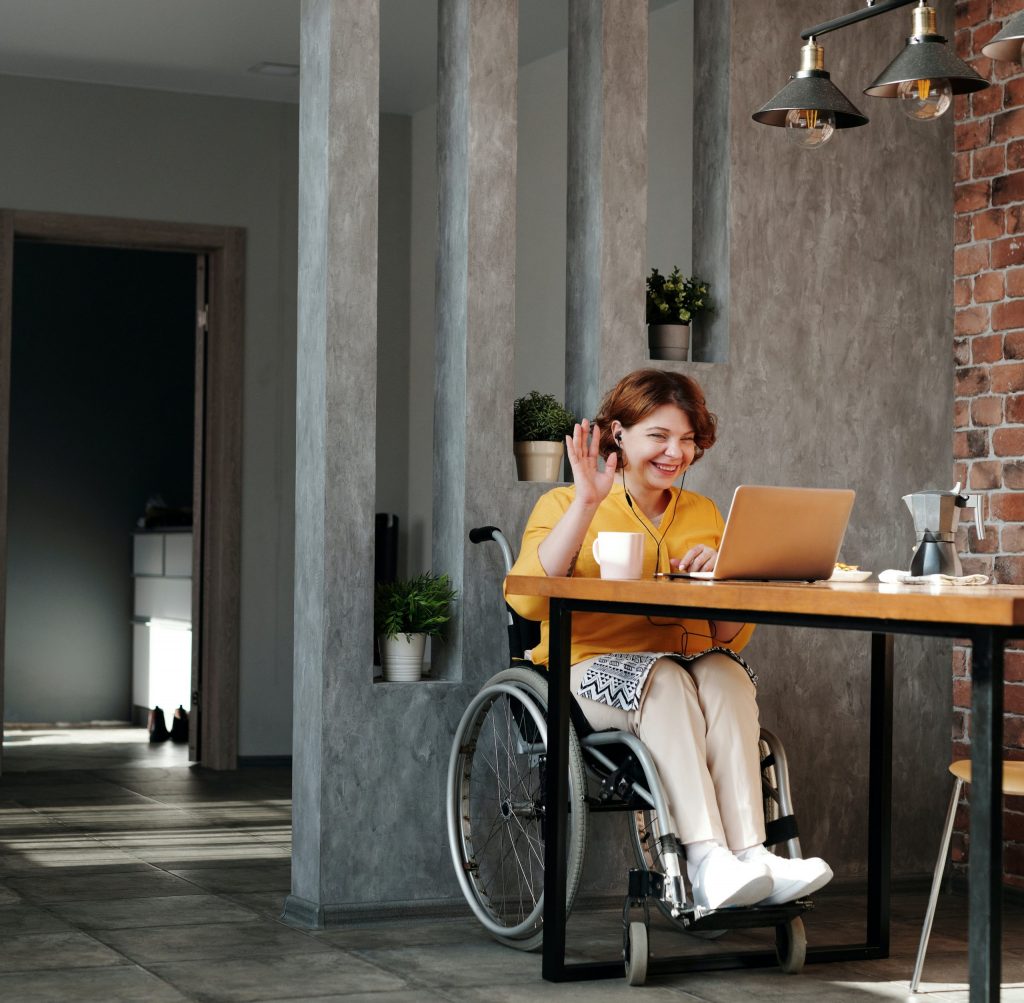Menu
Close

How to be a good listener: Making the social interaction real
May 3, 2020
Why do we answer “I’m fine, thanks” even when it isn’t true? Why do we answer superficially when someone asks us how we’re doing? It’s partly because we aren’t sure the other person is really listening.
Arguably, the standard question “how are you?” and the polite response “I’m fine, thanks” come with an unspoken understanding: I won’t tell you what I’m really feeling, because you don’t really want to know. Saying what you really mean has a flipside: it is the listening part. If we are going to speak the truth about what’s really going on, we need to be there for a real answer. We need to really want to know and we need to really listen.
When you think about it, we aren’t really taught to listen. Listening is a skill. It can be learned. But it also needs to be practiced.
You can be the friend, colleague, loved one and neighbour who is really listening. It’s amazing what you can learn, and how connected you can be. And it comes with personal benefits, too. It as an opportunity to develop yourself: to be more attentive, more empathic and more self-expressive.
Use this checklist of suggestions to help you build the skills to be a truly good listener:
• Can I turn the video option on? (Hint: seeing each other makes being connected easier.)
• Can I turn the music off? (Remove your headphones or your ear buds.)
• Can I listen to my voice mail? (If someone leaves you a message on your voicemail, take the time to listen to it. Sometimes messages contain hints that a friend really needs your ear.)
• Can I turn off my ringer and alerts? (Hint: You can say “I’m just going to turn of my ringer now.” This lets the other person know you’re prepared to really listen.)
• Can I find a quiet place to talk where I won’t be distracted or interrupted?
• Can I step away from my screen? (unless of course you’re on video!)
• Can you pause the urge to check your phone or your email?
Resources
Kate Murphy (2020) “You’re Not Listening: What You’re Missing and Why It Matters,”
Michael Nichols, (2009) The Lost Art of Listening: How Learning To Listen Can Improve Relationships
